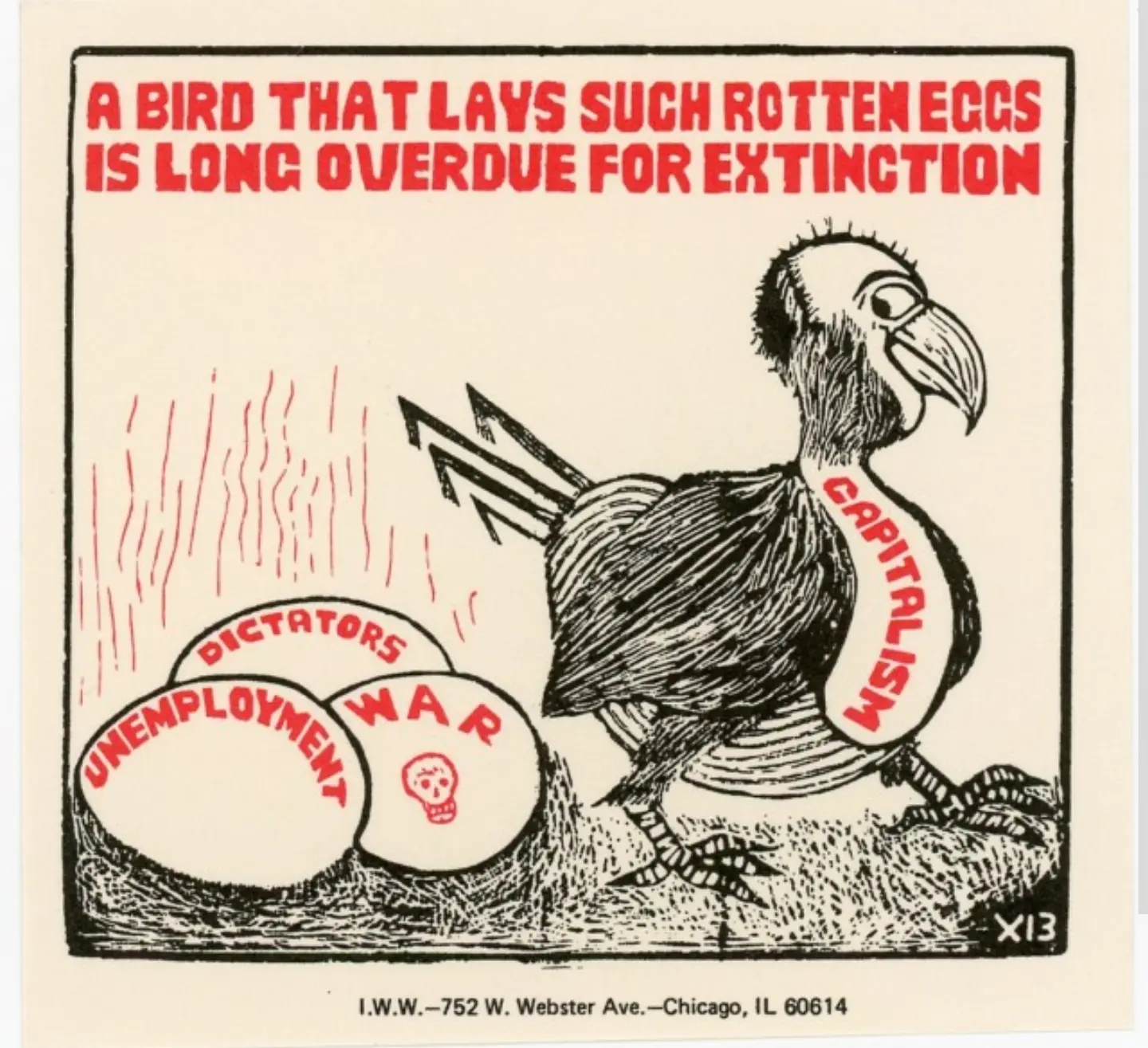this post was submitted on 12 Mar 2024
369 points (85.5% liked)
solarpunk memes
3012 readers
10 users here now
For when you need a laugh!
The definition of a "meme" here is intentionally pretty loose. Images, screenshots, and the like are welcome!
But, keep it lighthearted and/or within our server's ideals.
Posts and comments that are hateful, trolling, inciting, and/or overly negative will be removed at the moderators' discretion.
Please follow all slrpnk.net rules and community guidelines
Have fun!
founded 2 years ago
MODERATORS
you are viewing a single comment's thread
view the rest of the comments
view the rest of the comments

Worker coops are firms that are democratically worker-controlled. Communes are democratic also.
Unemployment would be less worrying due to the UBI. Worker coops are committed to their workers so have incentives to train them. Also, worker coops prefer to reduce pay during downturns rather than employment.
Trade policy between communes would be set by free agreement. Quadratic funding helps resolve collective action problems such as for defense. Power concentration is severely limited @memes
Hmmm, I see. I guess I'm asking about the nonlegal basis of law, or the non-normative basis of norms. Is there good contemporary research about the social dynamics of this at scale? I remember Lenin writing about commune clusters, and there's mention of scaling in Das Kapital volume one.
It was a good question. I am limited in response length because I am on Mastodon.
In terms of social dynamics of a stateless society, The Possibility of Cooperation by the game theorist Michael Taylor uses game theory to argue against the Hobbesian case for the state. Radical Markets by E. Glen Weyl covers how to do common ownership with minimal administration @memes
Thank you for the sources! I'll take a look eventually. Since both sources seem to interface with rational choice theory, there's probably a cool post-Homansian social network analysis angle that can be explored. I.e. how the weights & pathways of available choices can be modulated by the types of ties between people. I guess I'd expect entity-level decisions to be shaped by emergent structures, regardless of what their initial state was. So, a co-op could become something else entirely over time, regardless of what it says on the can. It's super neat that my Marxist thought is exploring these areas as well (sorry for the label!).